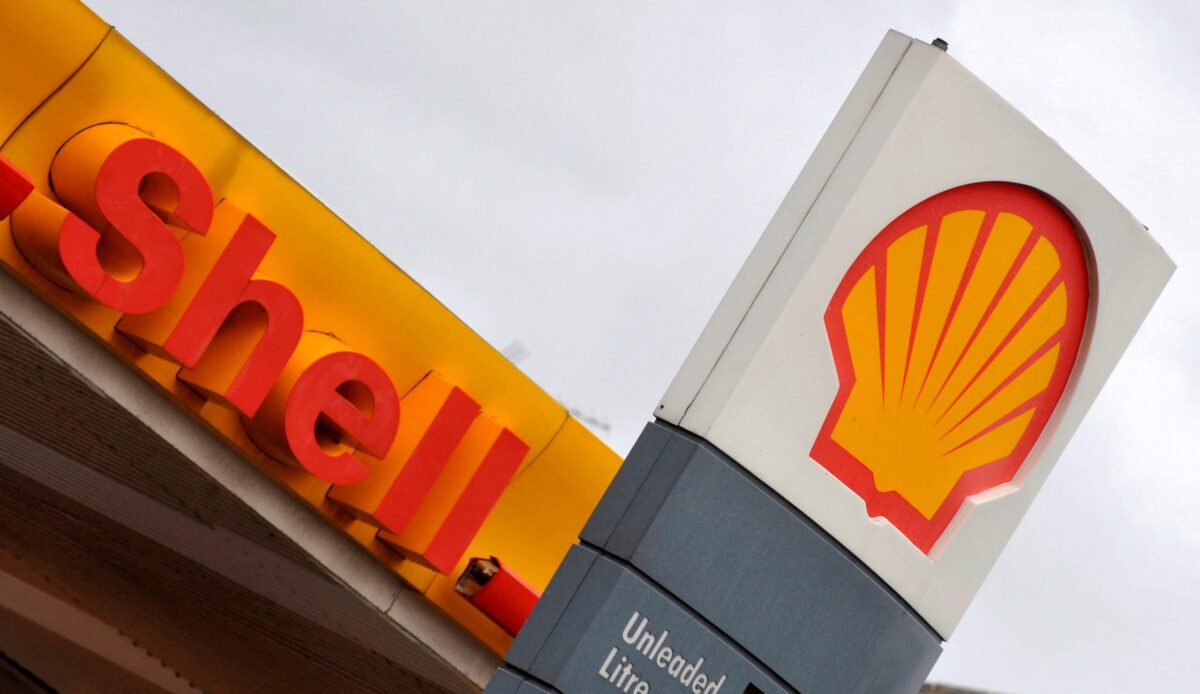
Shell filed suit against Greenpeace in the UK’s High Court seeking $2.1 million in damages related to a demonstration by the group in which they boarded a Boskalis heavy-lift ship transporting a Shell oil platform to the North Sea. In one of the group’s most brazen demonstrations, six activities were aboard the vessel while at sea and the group’s UK organization later said the protest has been Greenpeace’s longest-ever occupation of a moving oil platform.
“The claim is one of the biggest legal threats against the Greenpeace network’s ability to campaign in its more than 50-year history,” the group said in response to the suit while accusing Shell of using “aggressive legal tactics” after discussions between the company and environmentalist organization reportedly ended. Greenpeace responded by saying the protest was “peaceful, safe, and carefully planned,” and that the six individuals and their teams had “caused no damage,” during the 13 days they occupied Shell’s FPSO while it was being transported from an area off the Canary Islands to Norway aboard the White Marlin.
The protest began on January 31, 2023, when four people from Greenpeace boarded the White Marlin from inflatable boats while the vessel was underway. They hung banners to call attention to their demands that Shell stop drilling for oil in the North Sea.
While the protest was underway, Shell was successful in getting an order from the High Court in the UK for the protestors to come up with a plan to disembark the ship and ordering two Greenpeace support vessels to stay away from the White Marlin. Greenpeace however escalated the protest putting two additional protestors aboard before they all disembarked after 13 days when the White Marlin arrived in Norway.
A spokesperson for Shell said the lawsuit is about safety. “The right to protest is fundamental and we respect it absolutely. But it must be done safely and lawfully,” said the spokesperson.
Shell reports it is seeking damages for the legal costs incurred while it sought two injunctions against the protest while it was underway. They are also citing additional costs including an extra safety vessel and increased security that they were forced to provide while the protest was underway. At the time of the protest, Greenpeace says Shell and its co-claimant, platform builder Fluor, said they would seek damages of upwards of $120,000.
“Well, we got Shell’s attention. Now they’re suing Greenpeace UK and Greenpeace International, threatening an $8 million damages claim and a protest ban,” writes Greenpeace in a press release. “They’re demanding we stop protesting at any of their facilities at sea or in port, anywhere in the world, ever again,” says Greenpeace.
The organization claims that Shell offered to settle the suit for $1.4 million in damages if Greenpeace would agree to never protest on Shell’s infrastructure again. Greenpeace UK and Greenpeace International responded by saying they would agree to such a protest ban if Shell agreed to comply with the Netherlands court order requiring the company to reduce its emissions by 45 percent by 2030, relative to 2019, across all activities.
Shell is accusing Greenpeace of misrepresenting the intentions of the lawsuit. They are saying it is about preventing activities at sea or in port that endanger people’s lives. That includes people working on the ships or facilities as well as the protestors.
In the court filing seen by both Agence France Press and Reuters, Shell reported is seeking $2.1 million in damages. Reportedly the claim could be increased by a further $6.5 million, a total of $8.6 million, if Fluor decides to pursue claims. In addition to the damages, Shell is seeking an injunction from the court against future Greenpeace protests on its infrastructure.















